CBS’ 100 years in 40 minutes
The first ever historical documentary about CBS’ 100 years in the making is available for everyone to see. The film is in commemoration of CBS’ 100 years-old existence and it follows five eras of CBS history.
Jørn Albertus, Journalist at CBS, and Emil Munk, film consultant at CBS, directed and produced the documentary titled, The Story of CBS through a Hundred Years, with the aim of taking the viewer through 100 years of CBS’ multiple transformations.
The documentary is based on the book, CBS Cennem 100 År by Kurt Jacobsen, professor in the Department of Management, Politics, and Philosophy and Anders Ravn Sørensen, assistant professor in the Department of Management, Politics, and Philosophy. The film follows the institution from the time when it was ‘Handelshøjskolen’ with only 160 students, to the international business school that it is today with 22.800 students.
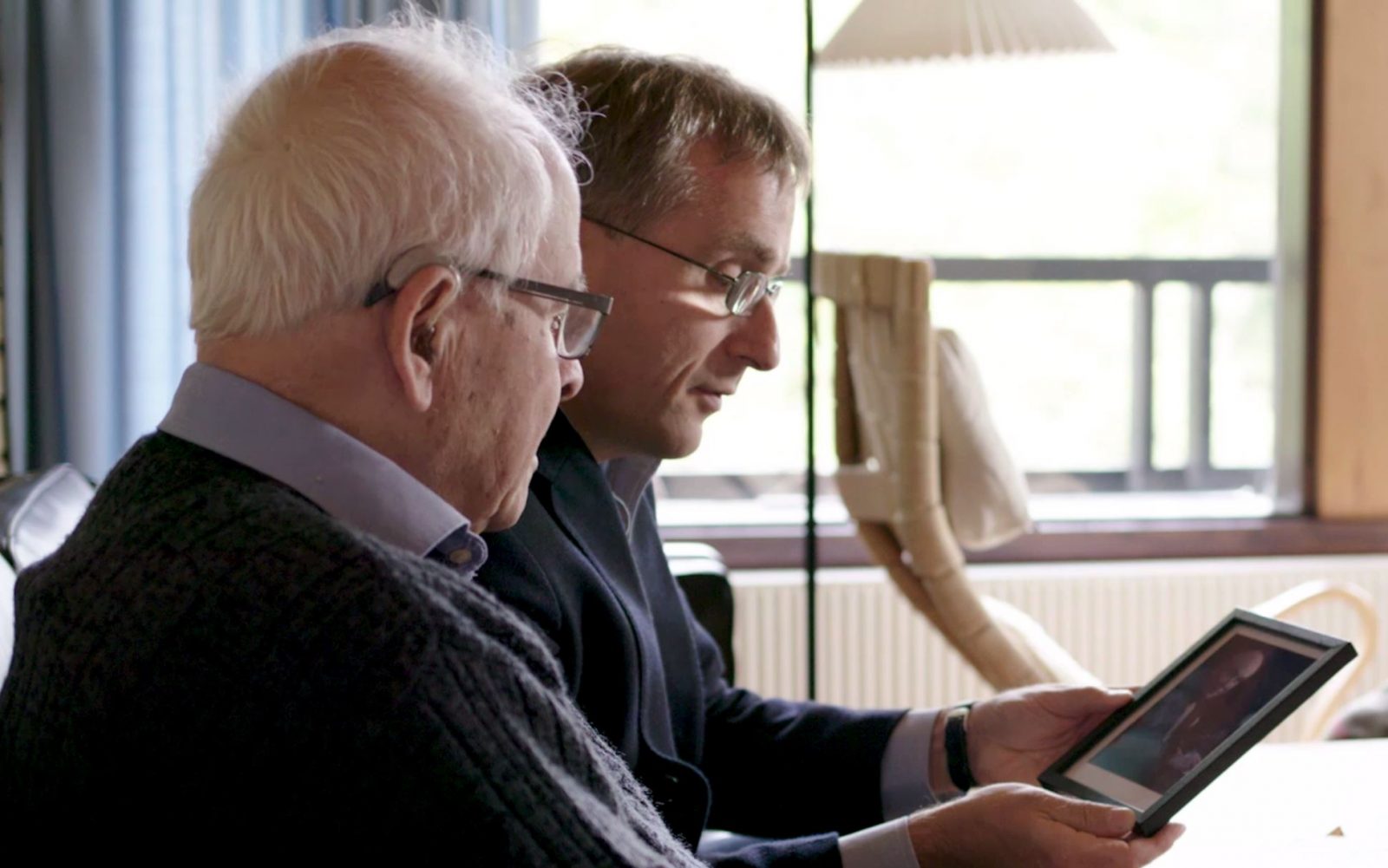
Throughout the interviews with the eye witnesses, Jørn Albertus discovered that their stories are sometimes playful and whimsical or dramatic and moving.
“We have one professor that is 95 years old and he spoke to us about the dark times during the second world war, where he had to escape Denmark with his father.”
That professor is Ole Lando, whose father is Zelman Lando, an influential Jewish economist from that time. The documentary describes what CBS had to go through during the invasion of Denmark by the Nazi forces.
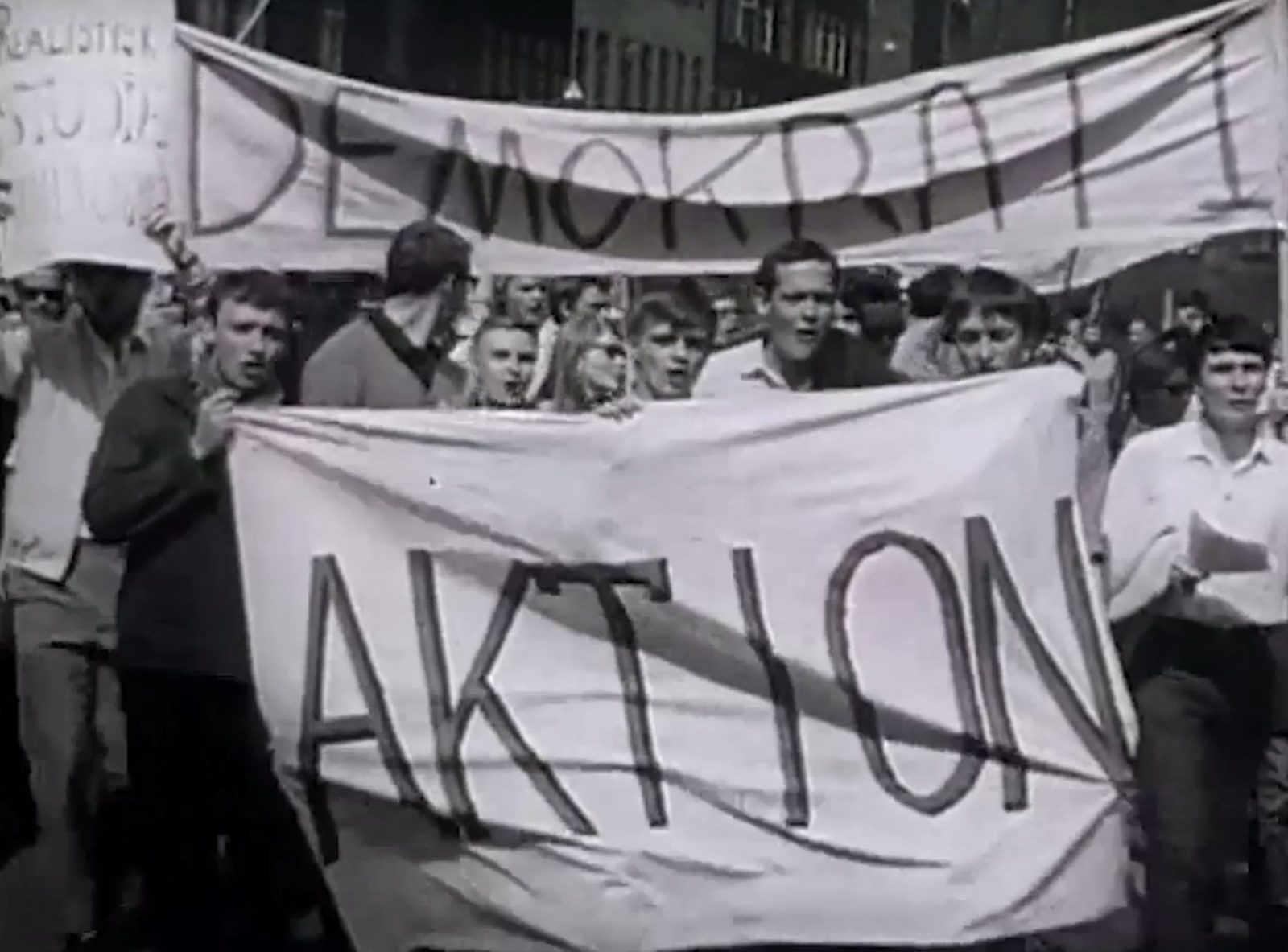
Despite there being a lot of grim moments in CBS’ history, Jørn Albertus also discovered ones of triumph and liberty. The free-spirited 70s hosted the student rebellion, a time when students fought for their right to influence their own education.
“During the 70s and 80s, it was very different on campus than it is today, professors would enter the classroom, go to their desk and put out a cigar before starting the lecture,” says Jørn Albertus.
At one point, the level of bureaucracy was so insignificant that students could apply to CBS by simply sending in a postcard. In the documentary, Inge Gorm Hansen, a former dean at CBS, describes what it was like for her when she had to apply to CBS:
“A friend and I, we were in Paris, and we sent a postcard. It read: We are two girls who want to be trilingual correspondents and would like to be admitted to Handelshøjskolen. Our address is … Thank you.”
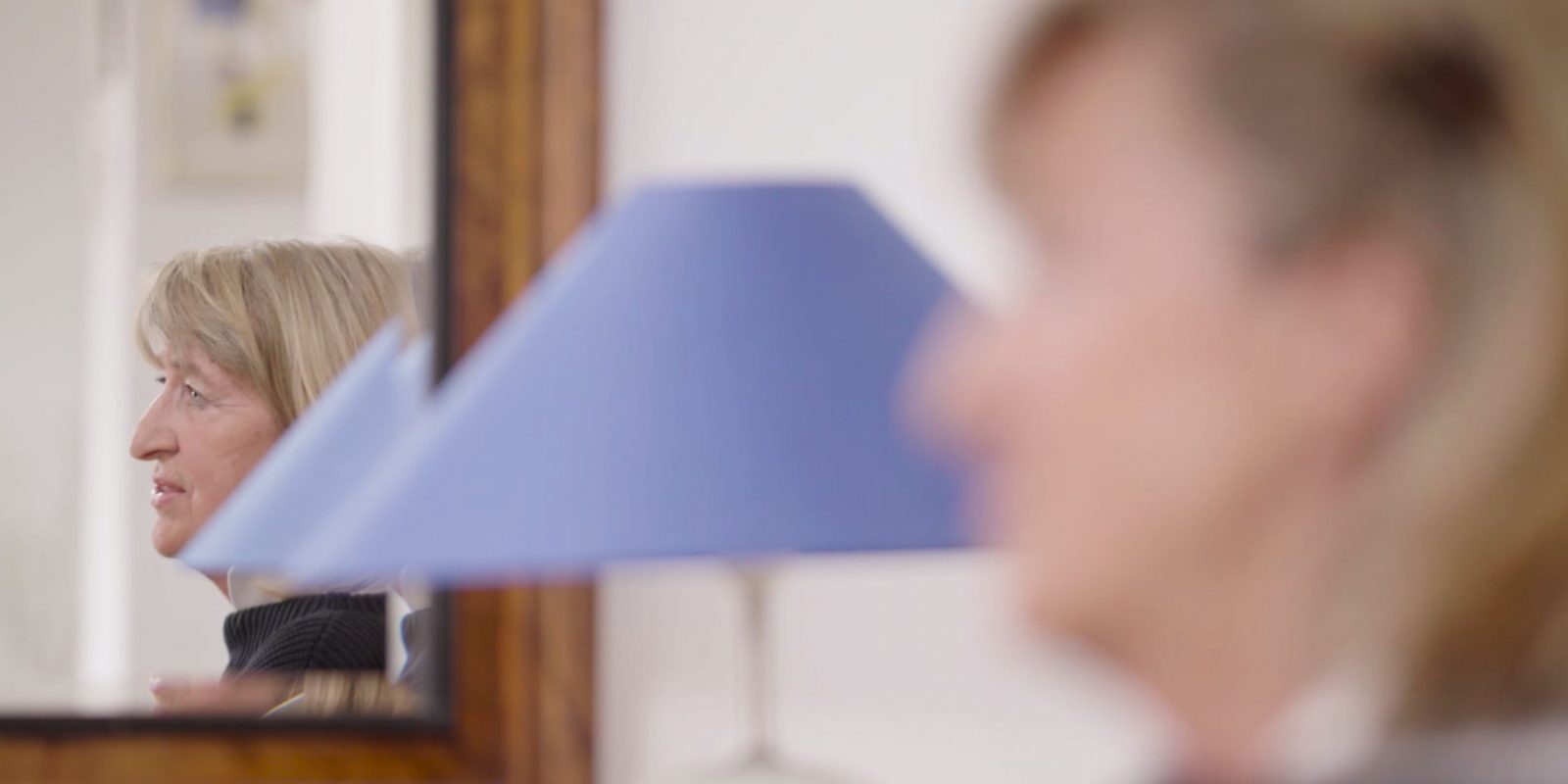
Later on in CBS’ history, all the freedom and liberty fought for by the students during the rebellion was lost. In 2003, a new university law was drafted which changed CBS’ management. An external board ended up gaining the ability to appoint the new rector, and the chairman at the time, former CEO at B&O, had enough power to hire whoever he pleased.
This lead to the controversial hiring and firing of Johan Roos. The new president had to step into the large shoes of Rector Junge-Jessen who progressively reshaped CBS into the international institution that it is today.
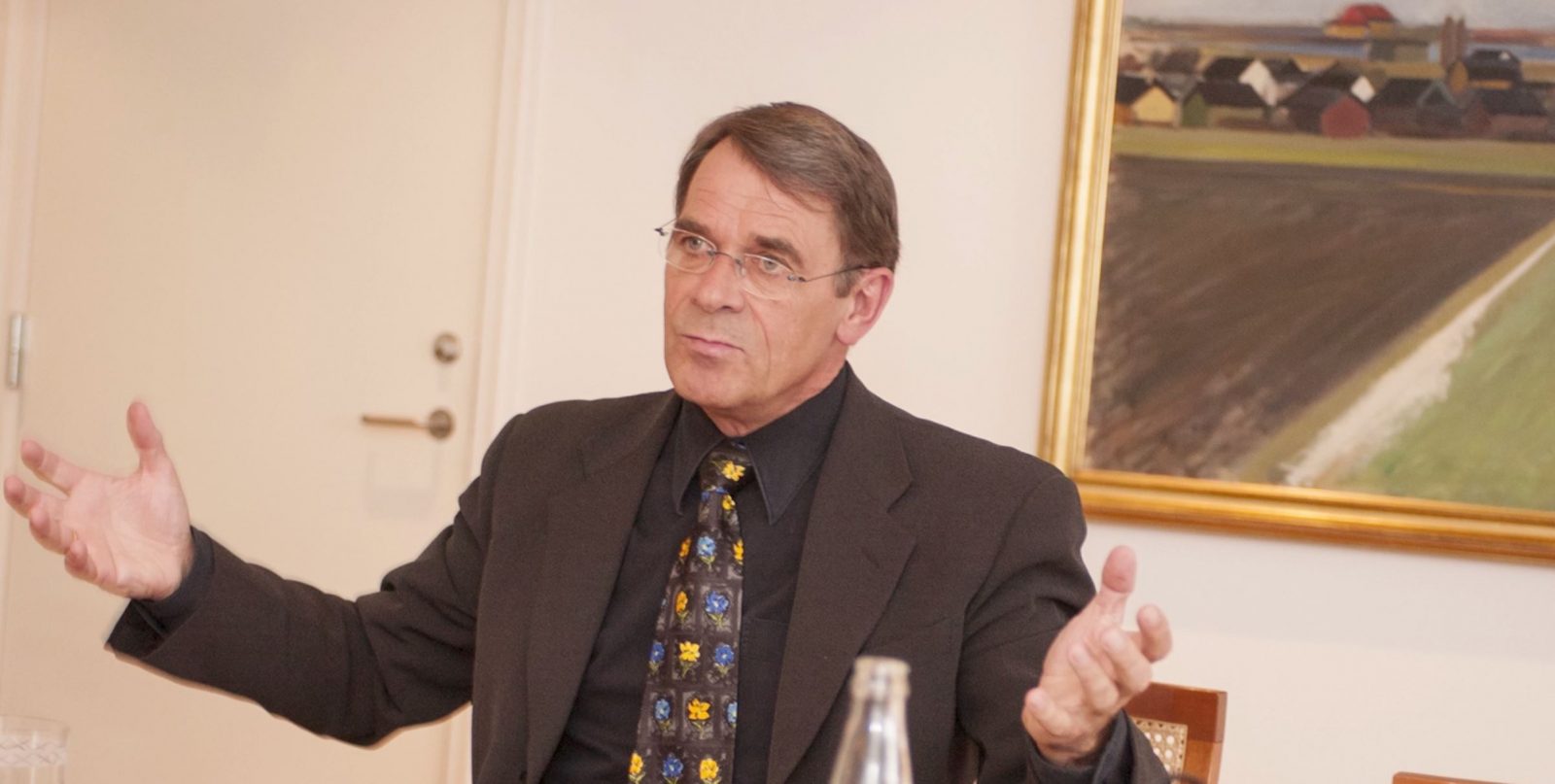
So, the film shows the good, the bad, and the ugly side of CBS, but why was the movie made in the first place?
“I’ve been here for a long time, I came here as a student in 1988. Now that CBS is 100 years old, I wanted to tell that story because I’ve been an eye witness for many of the occurrences in the movie as well,” says Jørn Albertus.



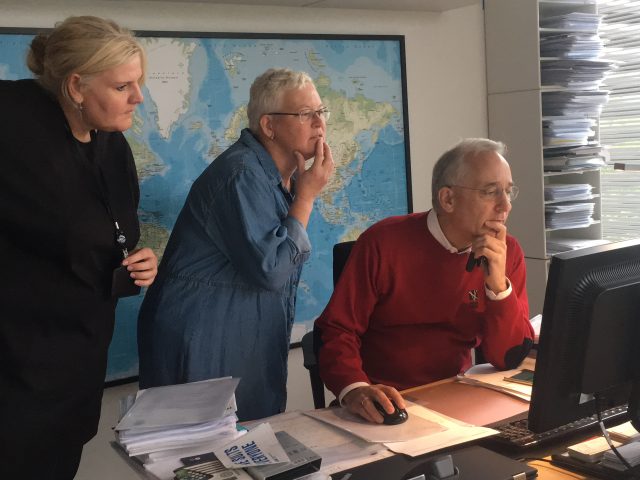
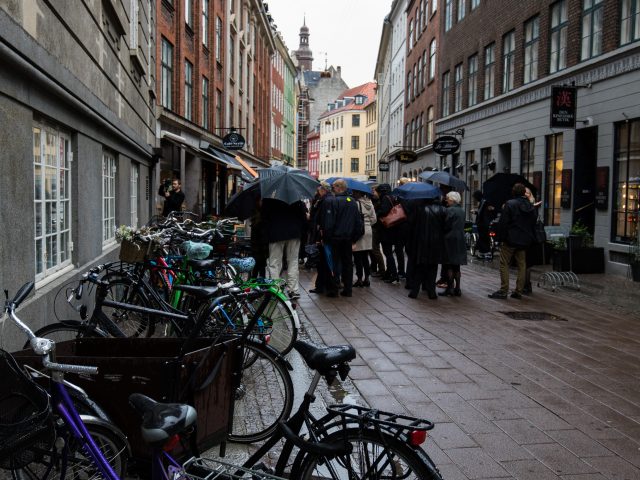






























































































































Comments